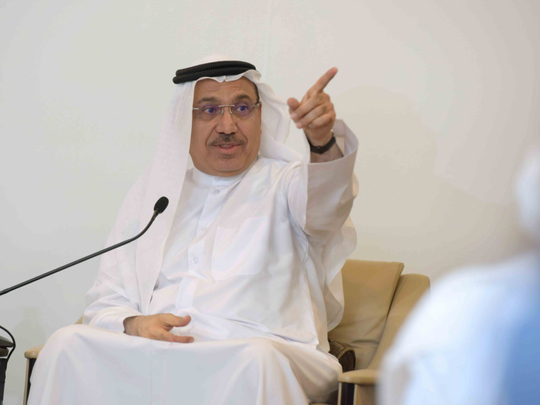
Abu Dhabi: The UAE continues to promote teaching of and respect for International Humanitarian Law and has introduced it in military training and programmes of colleges of law, political sciences and mass communications,” Dr Abdul Rahim Yousuf Al Awadi, Assistant Foreign Minister for Legal Affairs, said.
Dr Al Awadi added the UAE has taken the initiative in spreading the culture of respecting humanity and ensuring the protection of civilians in troubled regions in the Arab world and around the globe.
“The UAE honours its obligations under the International Humanitarian Law and has brought education of the law to courses of the UAE University and military and security colleges since the academic year 2014-15,” Dr Al Awadi said.
The UAE is signatory to the 1949 Geneva Convention, which require states to disseminate the content of the humanitarian treaty as widely as possible in their respective countries.
Dr Al Awadi, also head of the UAE National Committee for International Humanitarian Law, added the UAE promotes knowledge of humanitarian law among those whom it is intended to protect — the civilian population and casualties of armed conflicts — as well as among those who have to apply it — public officials of various ministries as well as different local and federal departments, starting with diplomats and those working in the educational, cultural, health, and relief sectors.
Dr Al Awadi was reviewing the 2017-18 action plan of the National Commission on International Humanitarian Law.
He said the UAE was considering signing additional protocols of the Geneva Convention on the International Humanitarian Law.
Dr Al Awadi added that since its inception in 2004, the commission had undertaken spreading the culture of respecting human beings, in particular the protection of civilians during armed conflict, through a series of conferences, workshops and changing laws and school curricula.
“The plan provides for introducing simple concepts of Humanitarian Law in the curricula of preparatory and secondary schools while more extensive and analytical content is taught in universities,” Al Awadi said.
The UAE Foreign Ministry’s Emirates Institute of Diplomacy has been selected as a regional centre for training on International Humanitarian Law by the Arab countries. The institute trains Arab diplomats and local agencies on the law.
International humanitarian law is part of international law, which is the body of rules governing relations between states. International law is contained in agreements between states, in customary rules and in general principles. It applies to armed conflicts.
The action plan also include training courses for the trainers on the provisions of the International Humanitarian Law and Arab diplomats as well as holding the second conference on International Humanitarian Law.
The UAE National Committee for International Humanitarian Law was established in 2004. It consists of three committees: Legislations, Training and Education, and Media and Publication.











